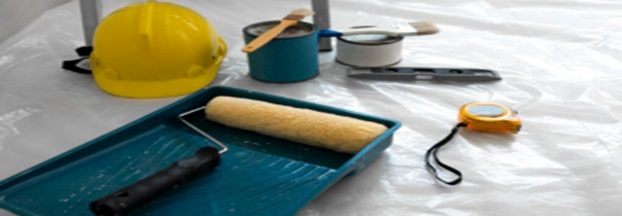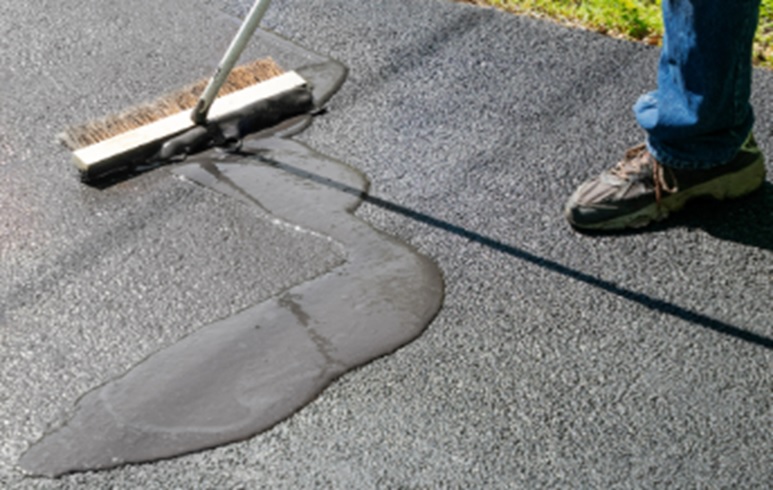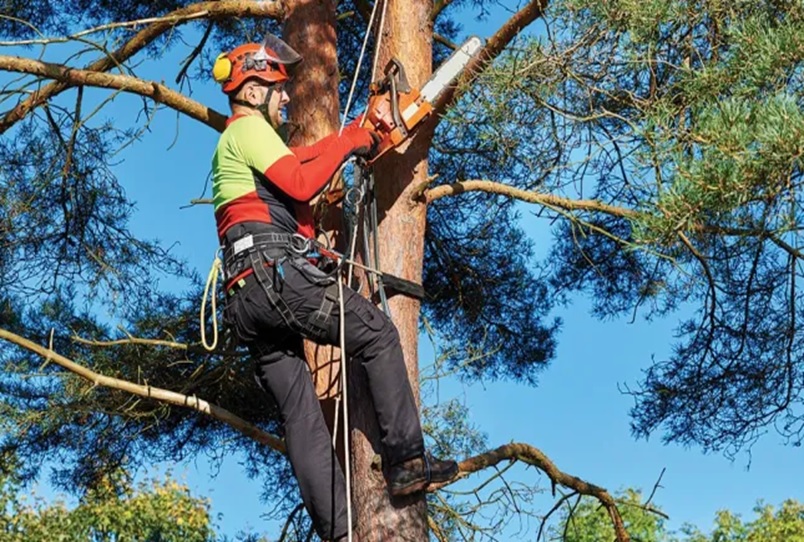Imagine waking up in the middle of the night to a weird dripping sound. You stumble into the hallway, half-asleep, and your socks are suddenly soaked. Great. There’s water all over the floor. That’s when most people think, “Okay, this is definitely a plumbing emergency.” But here’s the thing: it doesn’t always take a burst pipe or a full-blown flood for something to count as urgent. Some issues might seem small but actually need fast action to avoid bigger problems.
Let’s break down what really counts as a plumbing emergency—because there are more situations than most people realize.
When It Can’t Wait Until Morning
Most plumbing problems fall into two categories: ones that can wait a bit, and ones that need attention right away. The tricky part is knowing which is which. A leaky tap that’s just dripping slowly? Probably annoying but not urgent. But if that leak is near something electrical, it becomes a lot more serious.
One common sign of an emergency is water going where it shouldn’t be. If water is pouring out under the sink, or bubbling up from a drain, that’s not normal. It’s also a red flag if a toilet won’t stop overflowing or you flush and water comes back up in the shower. That could mean a blockage somewhere in the system—and those can get nasty fast.
If you’re dealing with a plumbing problem that can’t wait, reaching out to Emergency Plumbing Services Port Macquarie, or those in a location more relevant, is a smart move. They’re trained to handle urgent situations quickly and know how to prevent further damage without making things worse.
Blocked Drains and Toilets
Blocked drains don’t always start as full-blown emergencies, but they can become one if ignored. At first, the sink might just drain a little slower. No big deal, right? But over time, the blockage can get worse until nothing goes down at all. Then, suddenly, dirty water starts backing up into the sink or bathtub. If it’s a toilet that’s blocked, it can become unusable—and that’s not just uncomfortable, it’s unhygienic.
A completely blocked toilet in a house with only one bathroom definitely counts as an emergency. It’s more than just gross. It can lead to overflowing waste and water damage, which is a whole new level of trouble.
Burst or Leaking Pipes
This one’s pretty obvious. If a pipe bursts, water can gush out like a fountain. The damage happens fast. Floors, walls, and furniture can be soaked within minutes. Plus, if the leak hits anything electrical, it can be dangerous. That’s why it’s so important to know where your main water shut-off valve is. Turning off the water quickly can help reduce the damage until a plumber arrives.
Even if it’s not a dramatic burst, a leaking pipe inside the wall is a serious problem. Hidden leaks can cause mold to grow and weaken the structure of your home. If you see damp patches on the ceiling or walls, don’t ignore them.
No Hot Water
This might not sound like an emergency at first, but in some cases, it absolutely is—especially in colder months. No hot water means no warm showers, no washing dishes properly, and no way to clean hands with warm water. If you live with small kids, older people, or anyone who’s sick, that can be a big issue.
Sudden loss of hot water can also be a sign that something’s wrong with the hot water system. It could be a broken water heater or even a leak in the tank. Either way, it’s best to get it checked fast before it turns into a bigger problem.
Water Stains or Damp Smells
Sometimes, a plumbing emergency doesn’t even look like one. There’s no gushing water or loud noises. But maybe there’s a strange smell in one room. Or a small brown stain on the ceiling. These little things can be early signs of a hidden leak. Damp wood or drywall doesn’t always show up right away—but the damage is still happening behind the scenes.
If there’s a musty smell or the walls feel damp, it’s worth calling a plumber. Catching the problem early can save a lot of money later. Mold and rot are no joke—and they only get worse over time.
Gas Leaks and Smells
Plumbers don’t just deal with water. Some are also licensed to fix gas problems. If you ever smell gas in your home, that’s a huge emergency. Don’t try to find the leak or turn anything on or off. Just leave the house and call for emergency help immediately. A gas leak can be extremely dangerous.
When to Call Emergency Plumbing Services
It can be hard to know when to make that call. Some people wait too long because they don’t want to “bother” a plumber in the middle of the night. But plumbing emergencies don’t wait for business hours. If there’s a risk of damage to your home, your health, or your safety, it’s always better to call.
Here’s a simple rule: if the problem is getting worse fast, or it’s making it hard to live normally in the house, it’s probably an emergency.
Also, waiting can sometimes cost more in the long run. A minor leak that gets worse overnight can cause hundreds or even thousands of dollars in damage by morning. Emergency plumbers are trained to spot and fix problems before they spiral out of control.
Quick Tips Before Help Arrives
While waiting for the plumber, there are a few things you can do to help:
- Turn off the main water supply if there’s a major leak.
- Keep people and pets away from wet areas, especially near electrical outlets.
- Try to soak up water with towels to limit the spread.
- If you can, clear the area so the plumber has room to work.
Just remember: don’t try to fix anything you’re unsure about. That can sometimes make things worse or even dangerous.
When a Small Problem Becomes a Big Deal
Plumbing emergencies aren’t always about dramatic floods or broken toilets. Sometimes, they’re sneaky—starting as a small drip, a weird smell, or a slow drain. But even these smaller signs can point to serious problems hiding below the surface.
Knowing when to call emergency plumbing services can save your home from damage, protect your health, and keep daily life running smoothly. It’s not about panicking—it’s about recognizing the signs early and getting the right help.
So if something seems off, trust your gut. Water where it shouldn’t be, strange smells, no hot water, or anything that’s getting worse quickly? Don’t wait. That’s when it’s time to call in the pros.
And once the issue is fixed, it’s a good idea to ask the plumber what caused the problem, how to prevent it in the future, and if there’s anything else in the system that needs checking. Staying ahead of plumbing issues can make emergencies a whole lot less likely.






